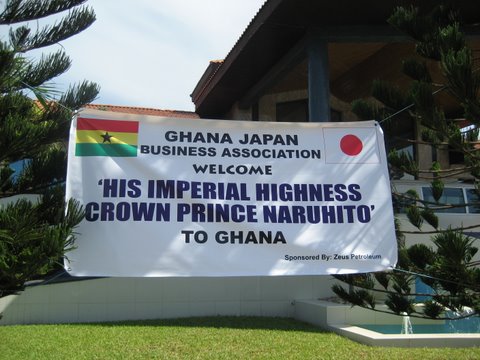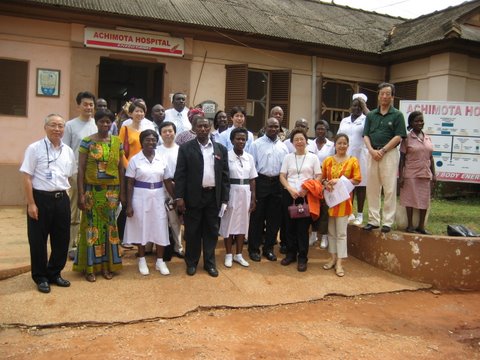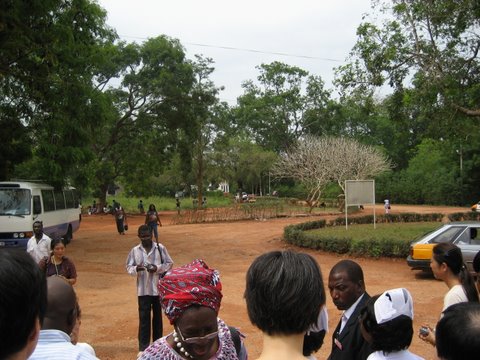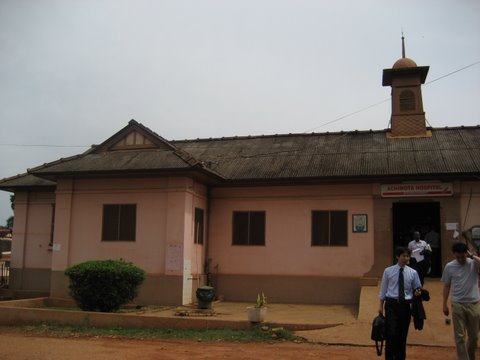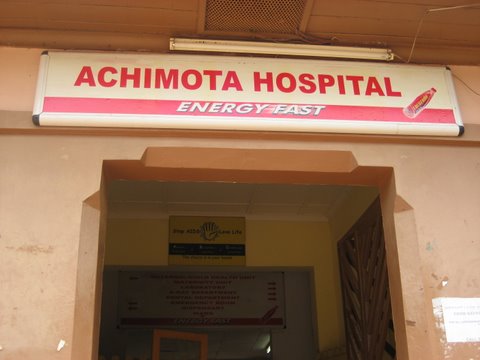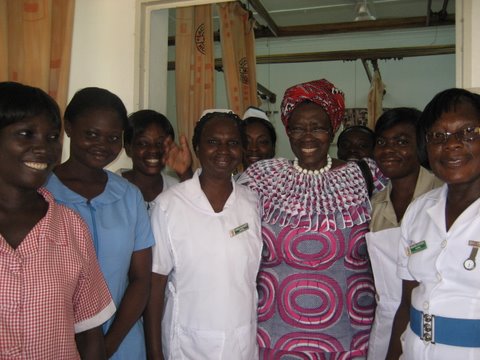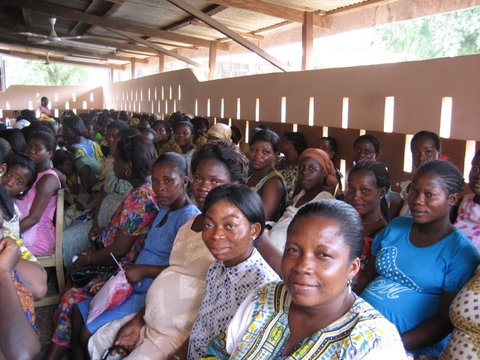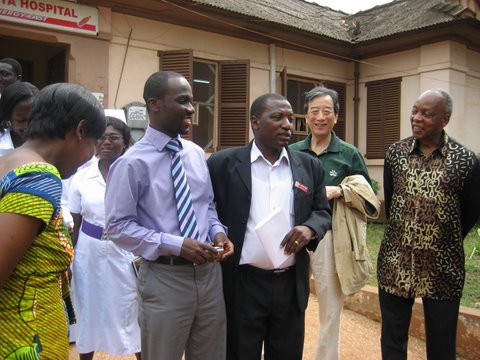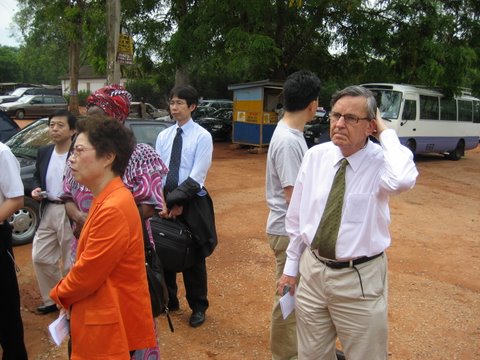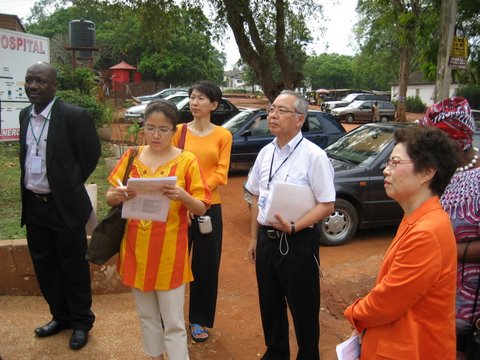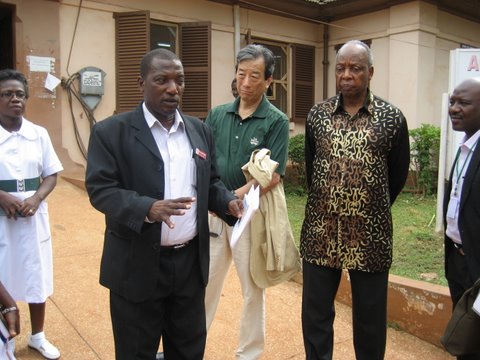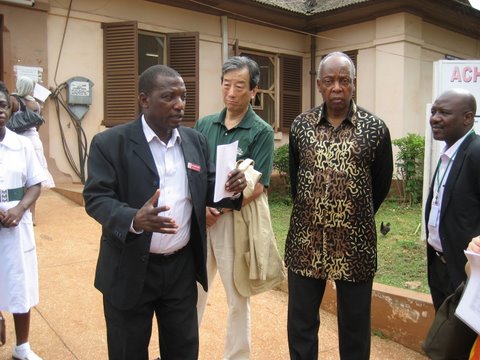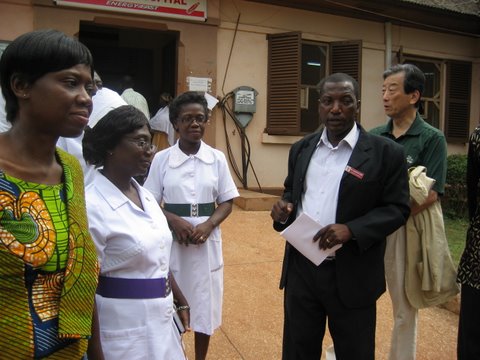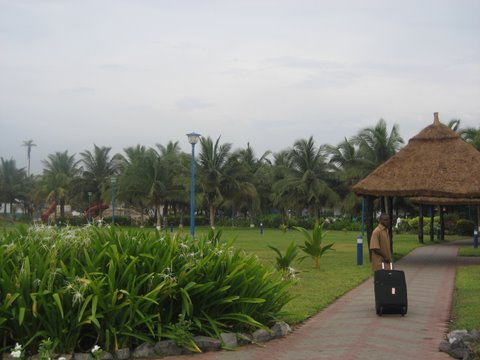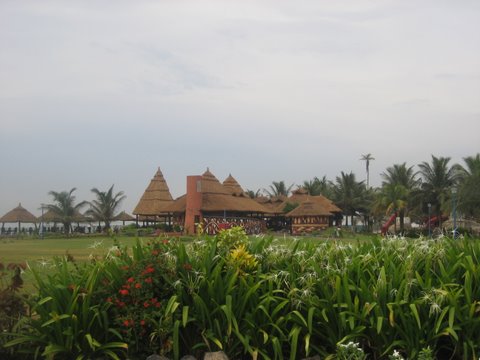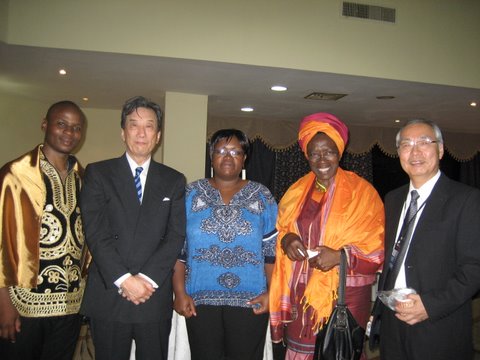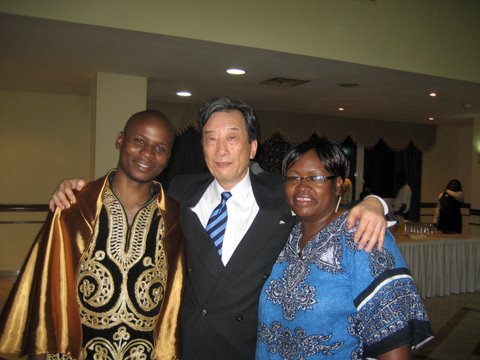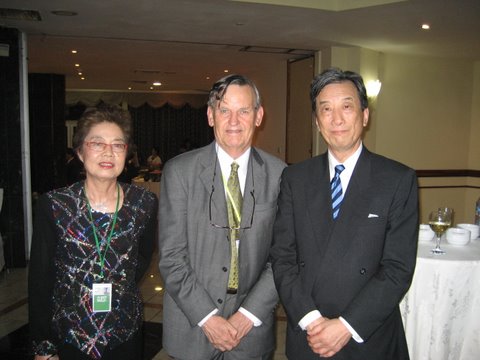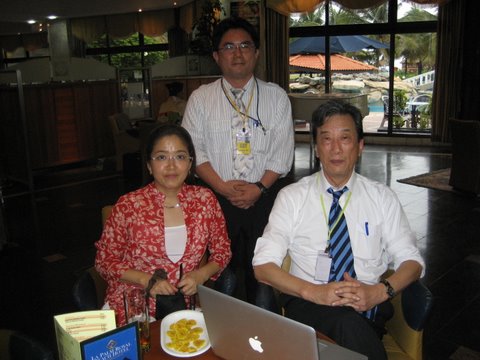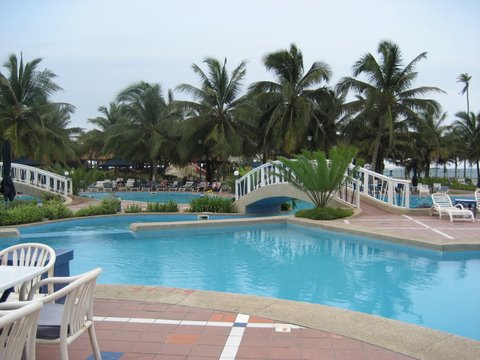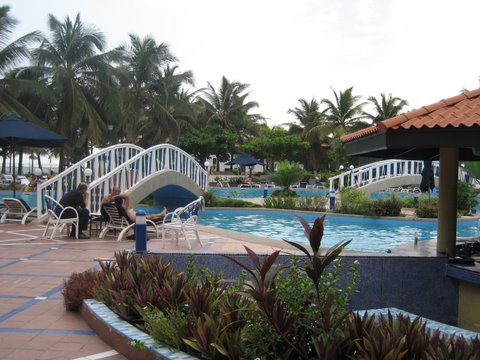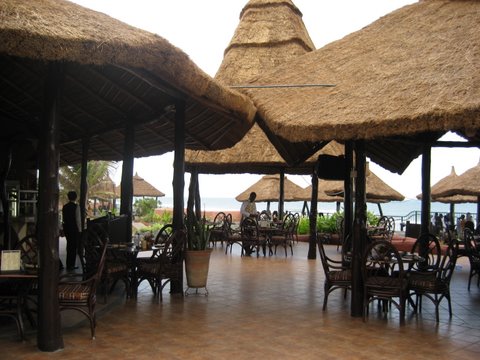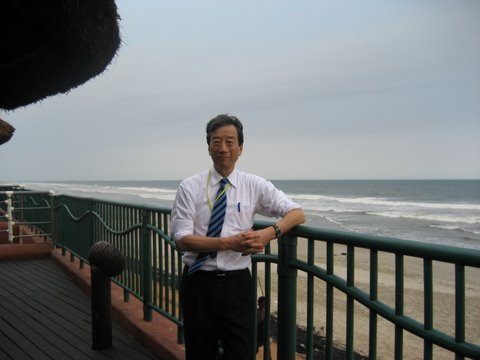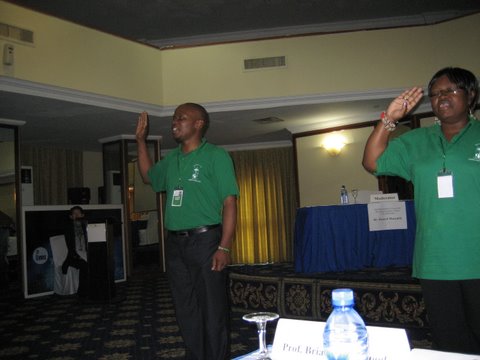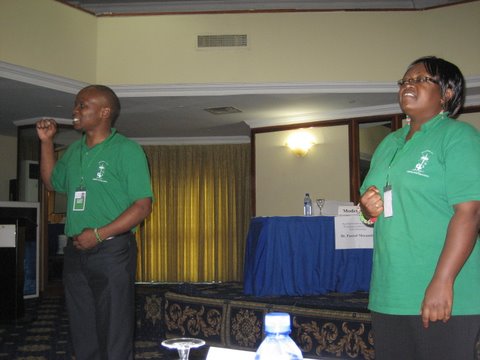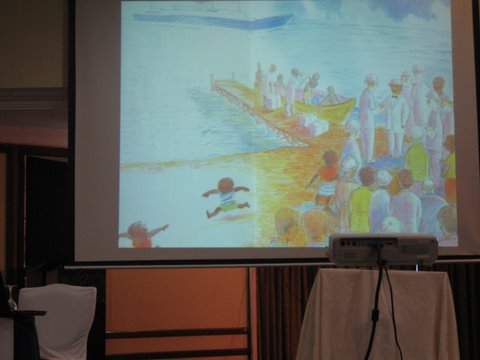‘Hideyo Noguchi Afriza Prize Symposium’ was held for one full day on March 9th. The venue of the Symposium is also within this hotel. http://www.gbhghana.net/la-palm/meeting-facilities
I am here as the Chair of ‘Hideyo Noguchi Africa Prize https://kiyoshikurokawa.com/en/2008/05/hideyo-noguchi.html http://www.cao.go.jp/noguchisho/index-e.html Symposium’. Hideyo Noguchi Prize, as I have reported several times in this web site, was inaugurated two years ago as the first and only prize under the auspices of the government of Japan. We had the honor of the presence of HIH Crown Prince of Japan at the symposium. I understand that this is his first visit to Sub-Sahara. The winners of the inaugural Award, Drs Greenwood and Were also joined with us.
The program opened with my welcome speech, and speech by the Vice President of Ghana, Mr. John Mahama and HIH Crown Prince of Japan. After the speeches Drs. Greenwood and Were gave lectures. HIH Crown Prince and the Vice President left the venue at the end of these speeches and lectures.
In the afternoon we had a nice lively panel which closed with a presentation by two young people from UZNA foundation (founded by Dr.Were) of a “picture-story show of ‘Story of Hideyo Noguchi’” and recitation of a poem. The performance was quite moving. I asked Dr. Were to video-record this last session by all means and post it on the website of UZMA. I will post its URL once it appears on the web.
In the afternoon speakers and panelists were presented to HIH Crown Prince who has returned for this occasion. A reception followed as is reported (in Japanese) in the March 9th posting in the blog http://blog.canpan.info/sasakawa of Mr. Sasagawa, President of Nippon Foundation, one of the panelists.
HIH Crown Prince is following a very tight schedule, I understand. I sincerely hope that the Crown Prince will be spared from excessive fatigue during the rest of his travel.
In Ghana, Japan, and elsewhere, televisions, newspapers, on-line medias are covering the event. I assume that there are many more but here are some examples.
Ghana news coverage;
http://www.graphicghana.com/news/page.php?news=6722
http://www.graphicghana.com/news/page.php?news=6705
http://mobile.ghanaweb.com/wap/article.php?ID=176510
http://mobile.ghanaweb.com/wap/article.php?ID=178171
http://www.afriquejet.com/news/africa-news/japanese-crown-prince-urges-int%27l-effort-against-infectious-diseases-2010031045535.html
Japan:
<Japan Times Online>
http://search.japantimes.co.jp/cgi-bin/nn20100311a7.html?utm_source=feedburner&utm_medium=feed&utm_campaign=Feed%3A+japantimes+%28The+Japan+Times%3A+All+Stories%29
<Royal Family News (in Japanese)> http://worldtimes.co.jp/today/photonews/100310/100310-1.html
< Daily Sports (in Japanese)>
http://www.nikkansports.com/general/news/f-gn-tp0-20100310-604410.html
< Sanin- Chuo newspaper (in Japanese)>
http://www.sanin-chuo.co.jp/newspack/modules/news/article.php?storyid=1030617011
<47 News (in Japanese)> http://www.47news.jp/CN/201003/CN2010030901000989.html

